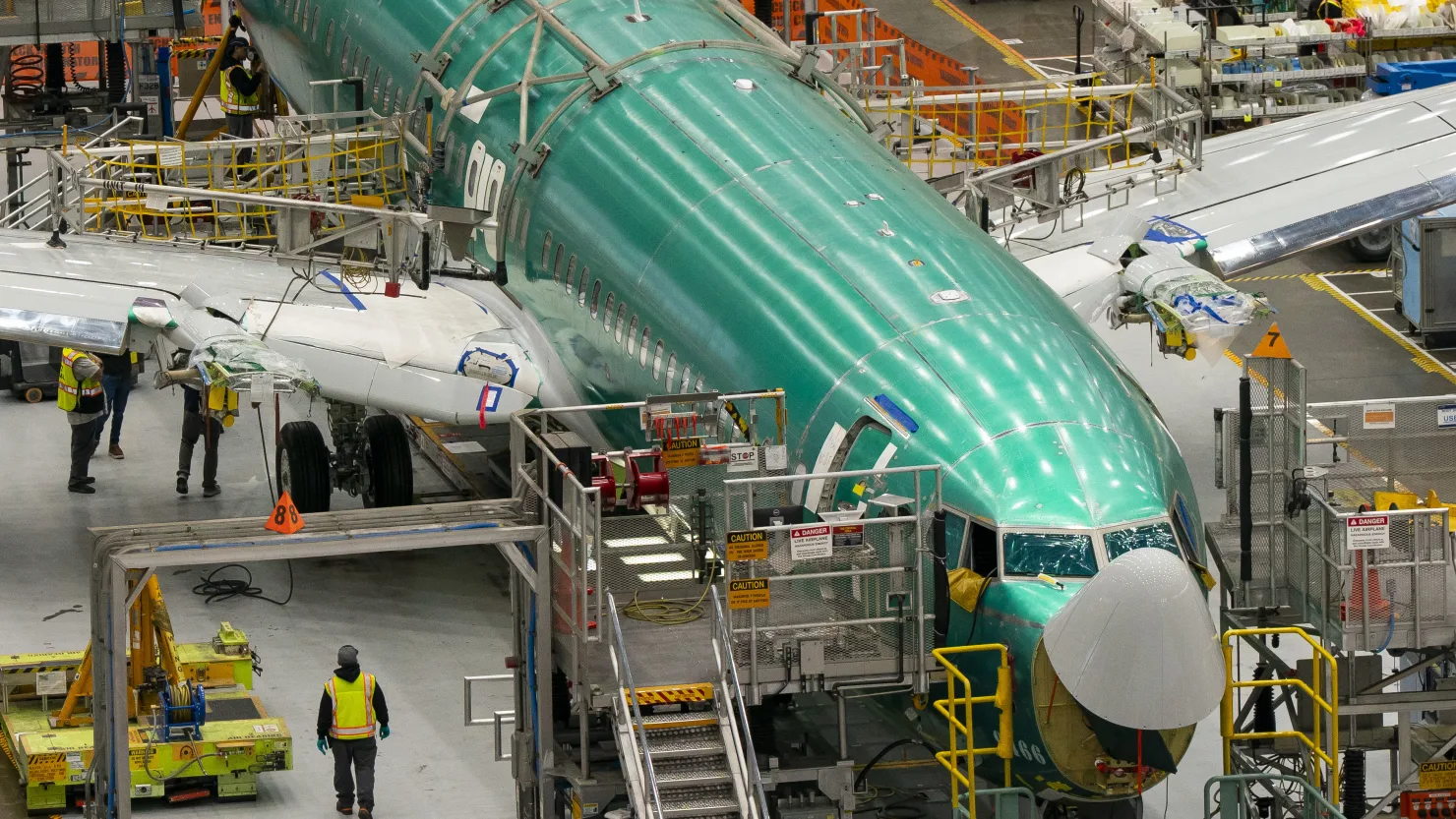Tesla stock bounced back Friday, gaining 5% after suffering its steepest one-day drop on record.
The rebound came as tensions between CEO Elon Musk and President Donald Trump appeared to ease, at least temporarily, and amid a broader market rally following stronger-than-expected US jobs data.
The electric vehicle maker’s stock had plunged over 14% on Thursday after a highly publicized spat between Musk and Trump erupted over a federal spending bill and cuts to electric vehicle incentives. The selloff erased nearly $150 billion in Tesla’s market value and brought its 2025 losses to roughly 21%.
On Friday, signs of de-escalation emerged. Reports indicated that White House aides were arranging a phone call with Musk, and Trump himself downplayed the conflict in a brief phone interview, saying, “It’s OK.” Musk, too, responded to a follower’s suggestion on his social media platform X to “cool off and take a step back,” replying, “Good advice.”
The apparent pause in hostilities, combined with a strong U.S. employment report showing 139,000 jobs added in May—beating forecasts of 125,000—lifted investor sentiment across equity markets. Major indexes, including the S&P 500 and Nasdaq futures, rose in early trading.
The Trump-Musk fallout began after Musk resigned from his advisory role leading the Department of Government Efficiency (DOGE), citing the need to refocus on his private-sector ventures. Shortly after, Musk sharply criticized a new Republican-backed spending bill as “a disgusting abomination,” sparking a response from Trump, who threatened to terminate government contracts with Musk’s companies, including Tesla and SpaceX.
Though the threats had no immediate policy consequences, markets reacted strongly. Analysts pointed to investor concerns that the political friction could impact Tesla’s regulatory standing and access to federal programs.
“Investors are worried that Trump, who was previously supportive of Musk, may now adopt a harsher regulatory posture,” said Dan Ives, tech analyst at Wedbush. “That’s not what Tesla shareholders want to hear.”
Tesla’s public market status also makes it more vulnerable to such volatility. While Musk leads several companies, Tesla is his only publicly traded firm, and its stock remains a critical part of his personal wealth and the broader EV industry’s valuation.
Ross Gerber, CEO of Gerber Kawasaki Wealth and Investment Management, criticized Musk’s public handling of the feud.
“There is clearly no control over what is happening to what is the Musk empire dismantling in real time,” he told Bloomberg, warning of potential shareholder lawsuits over lost value.
Even as Tesla’s stock recovered some ground Friday, options trading revealed heightened bearish sentiment, with short interest and put activity hitting record levels.
Still, others remained optimistic.
“The fact that both sides seem willing to talk suggests we may see this blow over,” said Luke Yeaman, chief economist at Commonwealth Bank of Australia. “Markets tend to respond quickly to tone shifts—especially when key players like Musk are involved.”
Tesla’s rebound was also supported by broader economic optimism. The US labor market showed continued resilience, with job growth exceeding expectations and the unemployment rate holding steady at 4.2%. The data reduced immediate concerns about stagflation and lessened pressure on the Federal Reserve to cut interest rates quickly.
Elsewhere, global markets were mixed. Asian stocks edged lower ahead of the US payroll report, but European and US futures gained. Oil and gold prices also saw weekly gains, while the dollar strengthened slightly.
With input from NBC News, Reuters, and Market Watch.










The latest news in your social feeds
Subscribe to our social media platforms to stay tuned